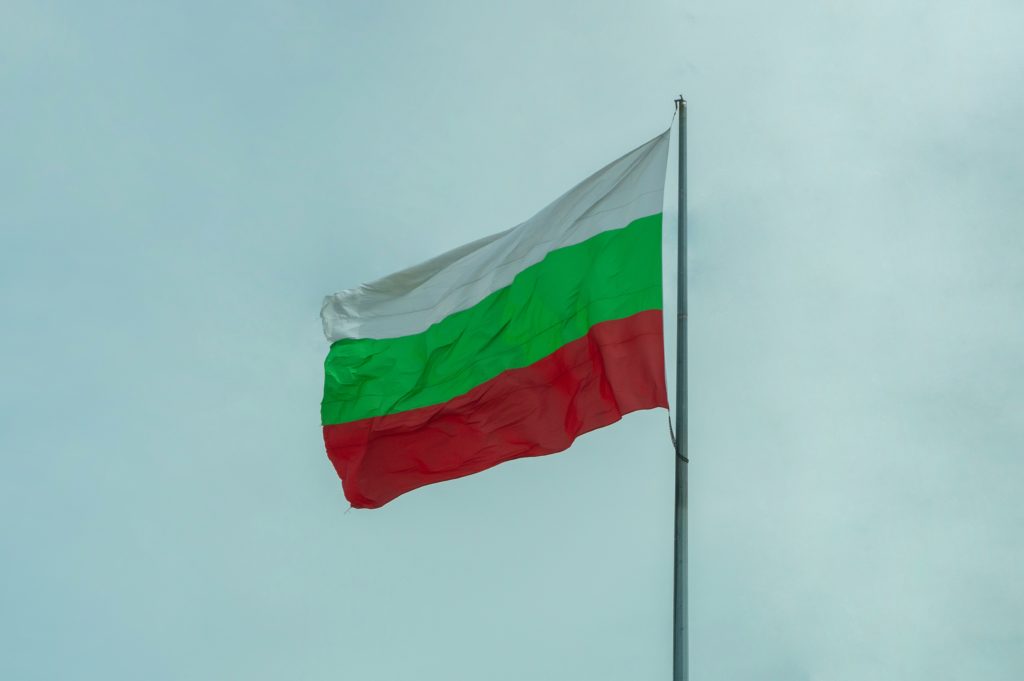With various restrictions, Bulgarian legislation permits nationals of countries outside the EU, such as India, to own real estate there. All natural or legal people residing outside of the EU are eligible to purchase homes in Bulgaria on their behalf, so long as the apartments don’t have land spaces. In Bulgaria, the majority of flats are offered for sale without all of the lands. One must be aware that, in general, land cannot be sold to non-EU nationals and may only be purchased by creating a Bulgarian business when purchasing a home with a garden or a piece of ground.

How to purchase a home in Bulgaria
If you’re thinking about buying a home in Bulgaria, a decent place to start is by finding a private real estate attorney. Then, begin your property search, either via an internet property portal or through a real estate agent or broker. It may be a good idea to plan at least one trip to Bulgaria to see the property to acquire a sense of the area and to personally check potential purchases. The vendor must then accept your offer. If the offer is accepted, your attorney will draft a preliminary contract after doing all necessary due diligence and further inspections of the property. To reserve the property, sign the preliminary contract and make a deposit. A notary public (of your choice) drafts a Notary Deed, which is the official document attesting to the ownership of the property. The Registry Agency has something registered to formally transfer ownership to you. The Bulgarian National Statistics Institute will get the pertinent information from your attorney, and you’ll be given something called an EIK number, under which any problems and information about your new property will be logged.
Mortgage from a bank in Bulgaria
As a non-resident, you should be able to get a mortgage in Bulgaria. Your best option is one of the nation’s main banks, such as DSK Bank, UniCredit Bulbank, United Bulgarian Bank, or Eurobank Bulgaria (Postbank). Before beginning your home search, it’s a good idea to start corresponding with banks to learn about the terms, eligibility, and interest rates to make sure you can afford your purchase. Normally, banks will lend up to 85% of the appraised value of the property, however, this may often change depending on the borrower’s risk profile and financial situation.
Fees and taxes
When purchasing real estate in Bulgaria, you’ll probably have to pay a variety of additional expenses on top of the actual selling price of the property. The key taxes and levies you should be aware of are listed below:
- 0.10% to 3% transfer tax
- 0.10% to 1.5% in notarial fees
- Fees for registration: 0.10%
- Fee for an estate agent: 2.5% to 3% (the seller also pays a similar amount)
Budgeting for legal expenses is also necessary. It varies, but you should budget between €400 and €700 for a real estate attorney. Annual property taxes are the responsibility of the property owner. Property tax and rubbish collection are the two types of property taxes that are often due to the local government.
Precautions
Never sign a preliminary contract, deposit agreement, or make a down payment until your attorney has thoroughly investigated the property. It is imperative that your attorney determine who is the property’s legal owner, that they have the authority to sell it, and that all paperwork is in order. To hold the property, you could be required to pay a deposit, although this might be legally binding and should only be done after a thorough investigation. If an agent or attorney suggests using shortcuts to save time or money, proceed with extreme caution. Avoid being intimidated by pushy sales or marketing strategies by taking your time, doing your research, and following the steps properly.
Seek autonomous legal counsel
Many property owners are now having issues with their properties as a result of their decision to engage attorneys and interpreters who were suggested by the estate agency or developer and, in some instances, were working for both sides rather than seeking independent legal counsel. Select a lawyer with knowledge of real estate transfer who is unbiased toward any other parties involved in the transaction, such as the estate agent, seller, or developer.

